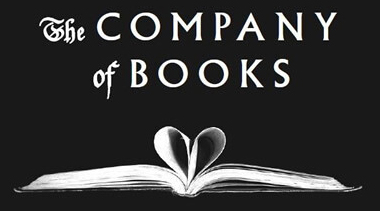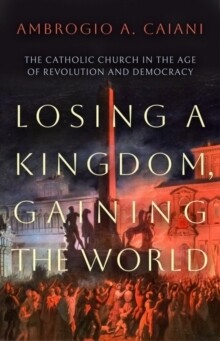Losing A Kingdom, Gaining A World
Despite its many crises, especially in Western Europe, there are 1.3 billion Catholics in the world today. The Church remains a powerful but controversial institution.
Throughout the early modern period, the Pope was a secular prince in central Italy. Catholicism was not merely a religion but also a political force to be reckoned with. After the French Revolution, the Church retreated into a fortress of unreason and denounced almost every aspect of modern life.
The Pope proclaimed his infallibility; the cult of the Virgin Mary and her apparitions became articles of faith; the Vatican refused all accommodation with the modern state, until a disastrous series of concordats with fascist states in the 1930s. These dark days threatened the very existence of the Church. But as Catholicism lost its temporal power, it made significant spiritual strides and expanded across continents.
Between 1700 and 1903, it lost a kingdom but gained the world. Ambitious and authoritative, this is an account of the Church's fraught encounter with modernity in all its forms: from liberalism, socialism and democracy, to science, literature and the rise of secular culture.

